Mental health
Group Therapy: Overview, Benefits, and Expected Results
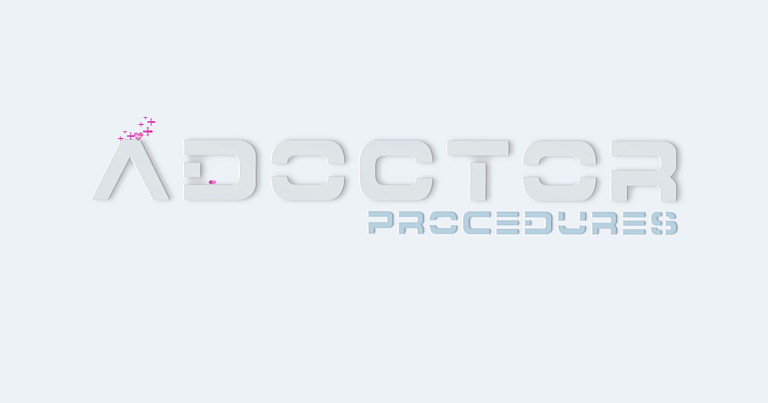
Definition and Overview Group therapy is a therapeutic method that harnesses the benefits of support groups made up of people who share common situations or disorders. The group regularly meets and discusses their personal experience in dealing with their condition…
What is Eating Disorder Nutrition Consultation: Overview, Benefits, and Expected Results

Definition and Overview Patients who are diagnosed with eating disorders face a high risk of malnutrition or not getting the adequate amount of nutrients that their body requires to function properly. If this happens, the patient may suffer from serious…
9 Month Well-Baby Checkup

What is 9-Month Well-Baby Checkup: Overview, Benefits, and Expected Results Definition and Overview The 9-month well-baby checkup is a consultation with a pediatrician with the goal to check the baby’s overall health condition and if applicable, detect, diagnose, or monitor…
What are the Signs of Depression?
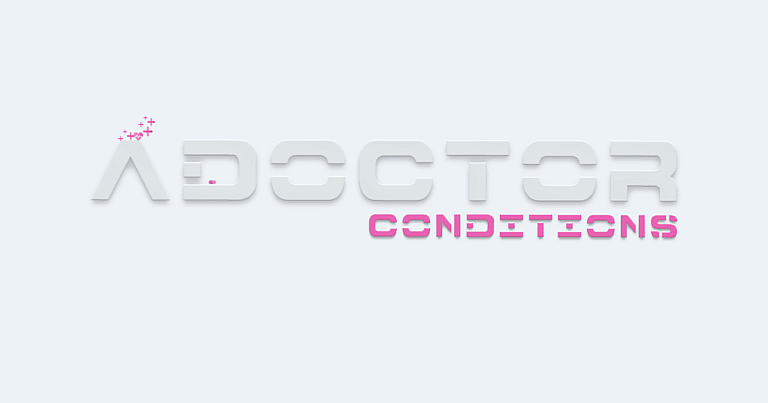
The signs of depression are many and varied. Depression is much more than a feeling of sadness; it is a medical condition that may cause severe, prolonged symptoms and significantly disrupt a person’s daily functioning.[1] Depression is thought to be…
What is Adjustment Disorder?
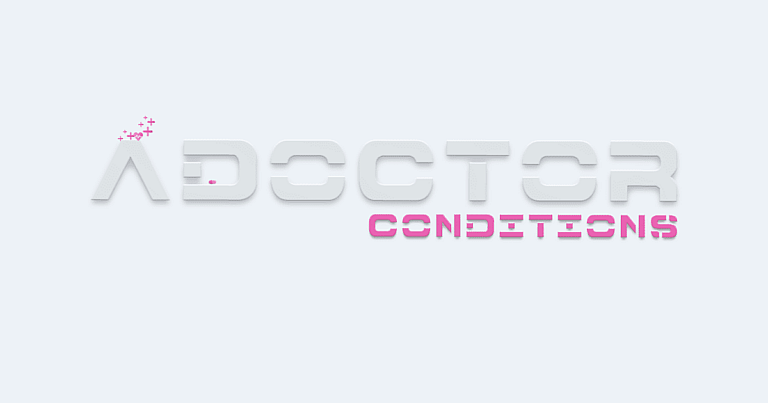
Adjustment disorder is sometimes referred to as a situational depression. Unlike regular depression, the cause(s) of which may be ongoing and/or unspecified, adjustment disorder is an abnormal emotional and/or behavioral response to stressors that are present in a particular period…
What is Generalized Anxiety Disorder?

Generalized anxiety disorder (GAD) is a condition characterized by debilitating, excessive, unfocused worrying and anxiety. While occasional feelings of anxiety are a normal part of life, people with generalized anxiety disorder tend to experience a loss of control over their…
What is Conversion Disorder?

Conversion disorder is a condition in which people experience symptoms affecting the nervous system that have no physical explanation. This may include symptoms such as:[1] Weakness Movement problems, such as tremors or twitching Sensory issues, such as loss of sense…
What is Obsessive-Compulsive Disorder?
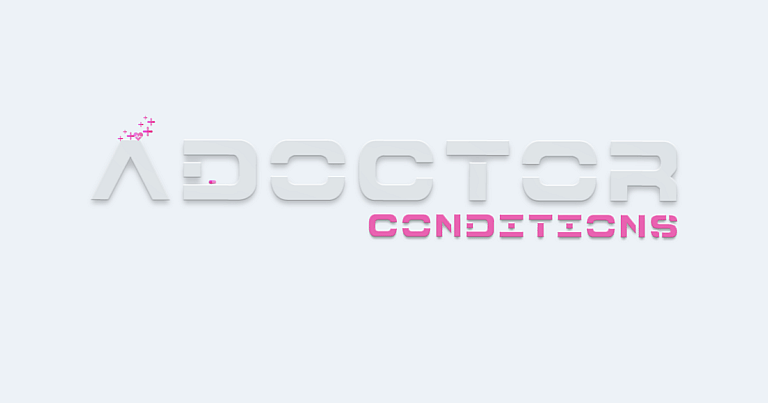
Obsessive-compulsive disorder (OCD) is a condition in which one has unwanted, persistent, and overwhelming thoughts and urges. These thoughts often involve unrealistic concerns or fears. Many people know that their thoughts and urges are irrational and unrealistic, but they find…
What is Depression in Childhood or Adolescence?

Childhood and adolescent depression is an emotional disorder that affects people under the age of 18. Like depression in adults, it is characterized by persistent feelings of low self-esteem, sadness, and hopelessness and can last for weeks or months. It…
What is Schizophrenia?
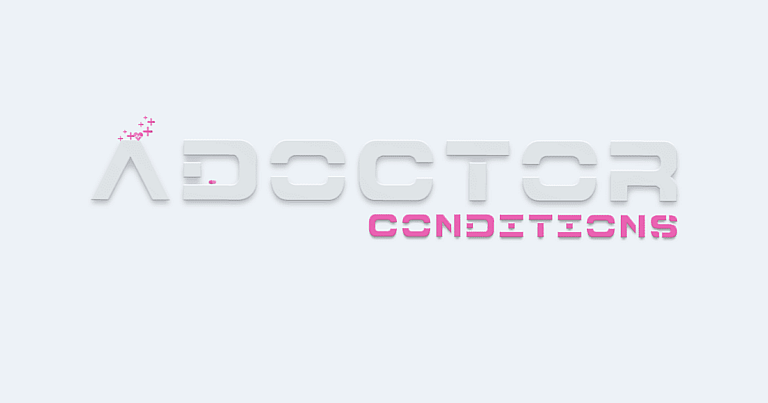
Schizophrenia is a mental health disorder that affects the way a person thinks, feels, and behaves. This occurs as a result of disorganized or overactive brain activity. Schizophrenia tends to first occur during the teenage years or in early adulthood.…
What are the Signs of Panic Attacks?

A panic attack is an abrupt episode of intense anxiety or fear accompanied by a number of physical symptoms such as a racing heartbeat and shortness of breath, normally lasting between 5 and 20 minutes. Panic attacks can be highly…
What is Cyclothymic Disorder?

Cyclothymic disorder, also known as cyclothymia, is a mental health disorder which affects mood. People with the condition experience mood swings between highs and lows that have the potential to interfere with everyday life. Cyclothymic disorder is considered to be…
